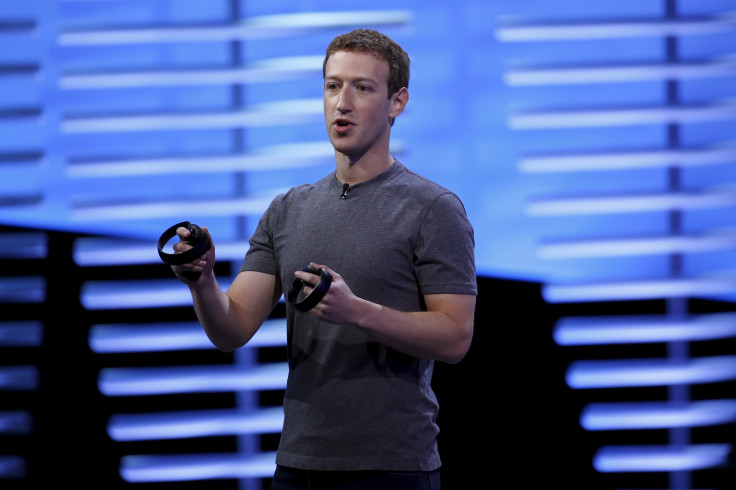Facebook virtual reality: 5 things to know about Mark Zuckerberg’s Oculus VR acquisition

Mark Zuckerberg’s dream of virtual reality has literally transformed into that: a reality. The acquisition of Oculus VR and the innovation of the Oculus Rift are colossal milestones for Facebook and its founder.
Here are five things to know about Facebook’s virtual reality:
1. Oculus Rift needs better apps
In order for it to be effective, supporting apps and software must be developed and improved extensively. In a recent survey conducted by global law firm Perkins Coie with AR/VR serving organization Upload, it showed that a need for more intriguing apps, games and digital movies is apparent for virtual reality technology to last.
2. Mark Zuckerberg looks like actor/singer Justin Timberlake in virtual reality
During an Oculus event in San Jose, California on Thursday, the Facebook CEO gave the audience a sample of the technology within an Oculus Rift headset. He put one on and gave the people in the audience a look into his house. He then called his wife Priscilla Chan via a virtual phone monitor. Upon seeing her husband’s virtual avatar, Chan asked “Why do you look like JT?”
3. Users can take “modern family selfies” using Facebook’s Oculus Rift
After talking to his wife using the Oculus Rift, Zuckerberg then snapped a “modern family selfie” with her and their pet dog, a Puli named Beast. He was optimistic that this kind of experience will become an accepted norm in the near future.
4. Virtual reality is not limited to just chatting via apps
In virtual reality, the possibilities are limitless. People can communicate using their avatars and enjoy seeing digital versions of themselves playing board games. Even conducting a board meeting on another planet is applicable.
5. Virtual reality is happening and it’s here to stay
Tech giants like Google, Samsung and Sony are also investing into virtual reality. Zuckerberg suggests it only means that it is “really happening” and that the initial step is making the basic hardware available to the masses.
Michael Abrash, programmer and Oculus chief scientist, said that no single company will be able to carry the load for the whole virtual reality industry. He recognises the need for other companies to develop better hardware and software in order for virtual reality to be “incredibly cool and important.”




















